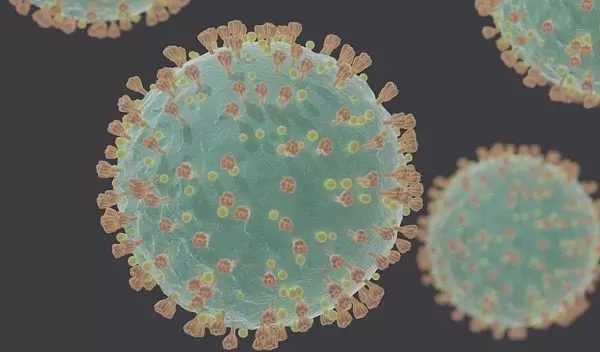
New process considers numerous coronavirus models to reduce uncertainty
With so many COVID-19 models being developed, how do policymakers know which ones to use?
A new process to harness multiple disease models for outbreak management has been developed by a team of researchers.
The team describes the process in a paper appearing in the journal Science. The researchers have been awarded a Rapid Response Research grant (RAPID) from the National Science Foundation to continue their work on COVID-19.
During a disease outbreak, many research groups independently generate models -- for example, to project how the disease will spread, which groups will be affected most severely, or how implementing a management action might affect these dynamics. These models help inform public health policy for managing the outbreak.
"While most models have strong scientific underpinnings, they often differ greatly in their projections and policy recommendations," said Katriona Shea, a biologist at Penn State. "This means that policymakers are forced to rely on consensus when it appears, or on a single trusted source of advice, without confidence that their decisions will be the best possible."
The first step in Shea's project has multiple research groups create models for specified management scenarios: addressing how caseload would be affected if social isolation measures were lifted this summer, or how the duration of the outbreak would change if students return to school in the fall.
The scientists work independently during this step to encourage a wide range of ideas without prematurely conforming to a certain way of thinking.
Then the groups discuss their models with each other -- an important addition to previous multiple model methods -- allowing them to examine why their models might disagree.
Finally, the groups work independently again to refine their models, based on the insights from the discussion and comparison stage.
"Given the many different models of this pandemic, model analysis is critical for guiding policy," says Sam Scheiner, a program director in NSF's Division of Environmental Biology.
